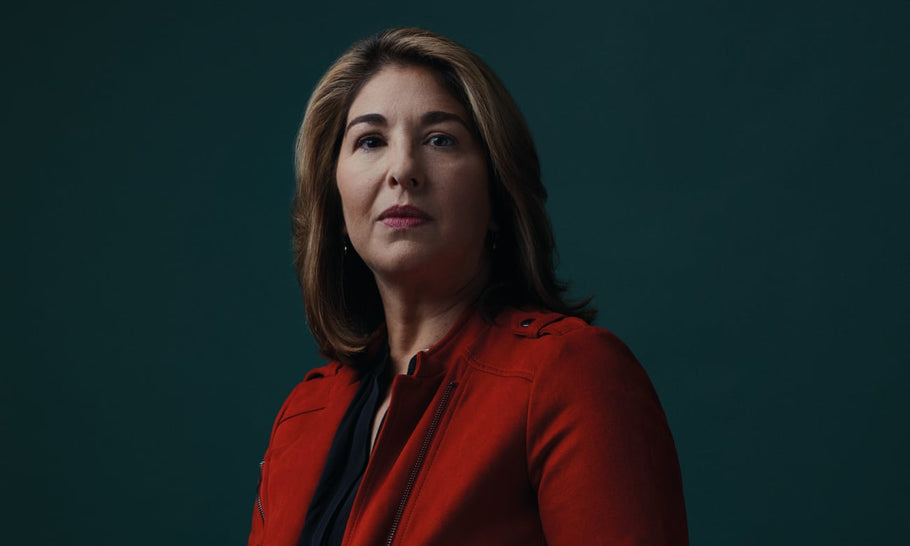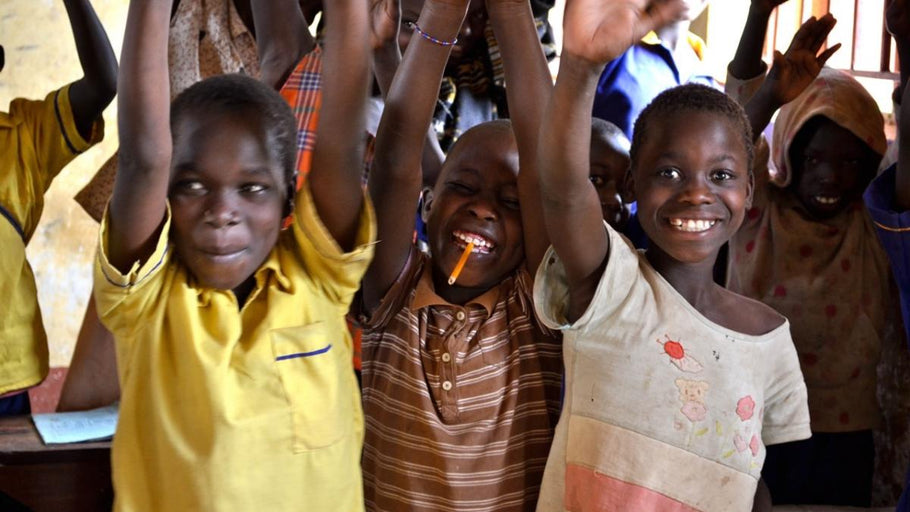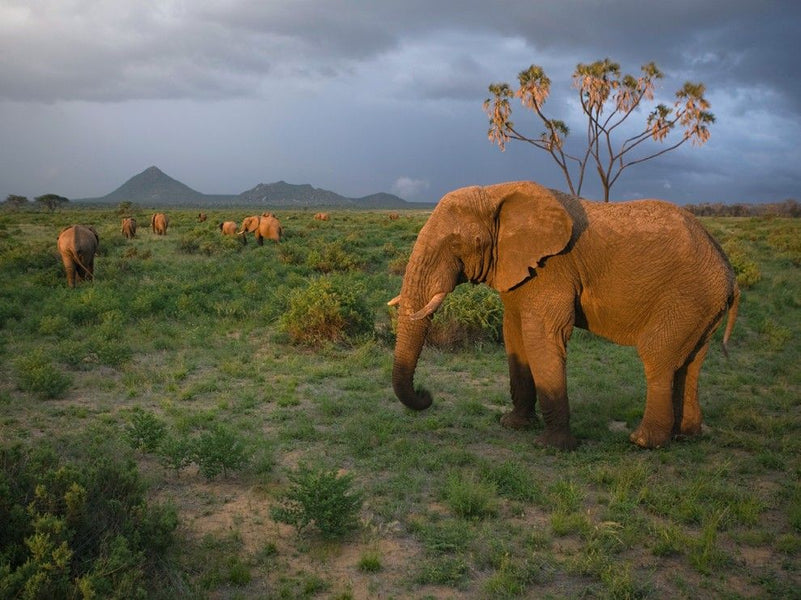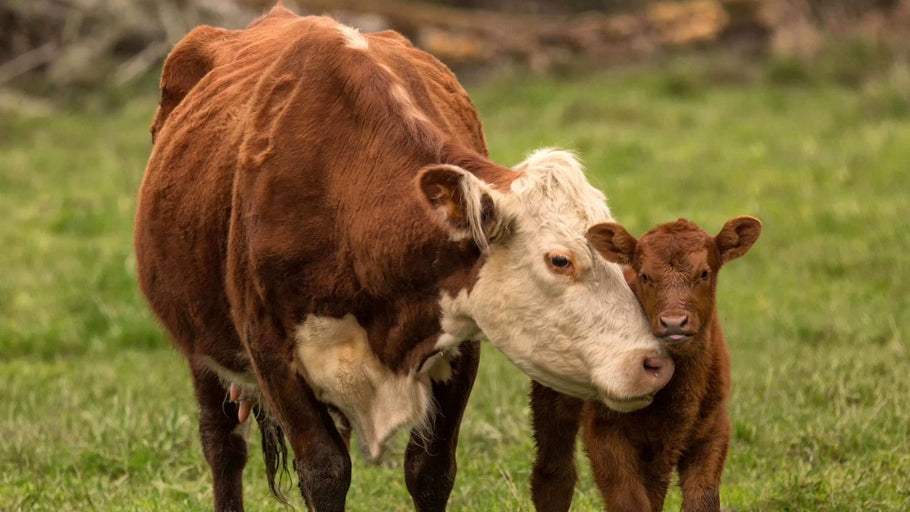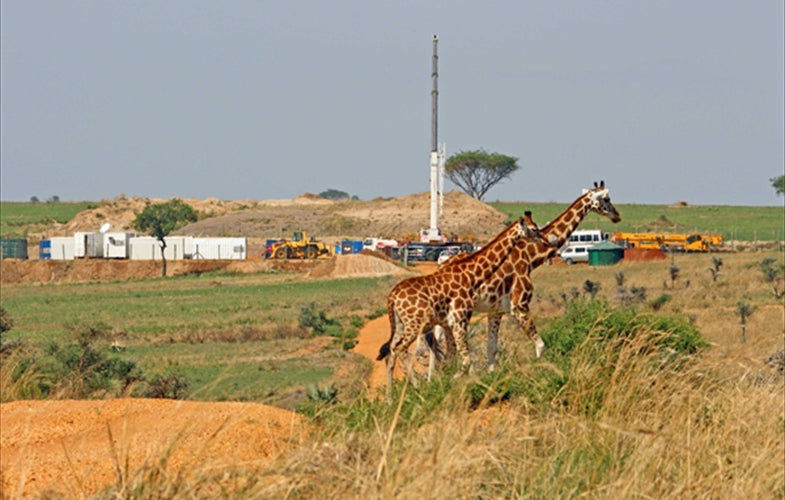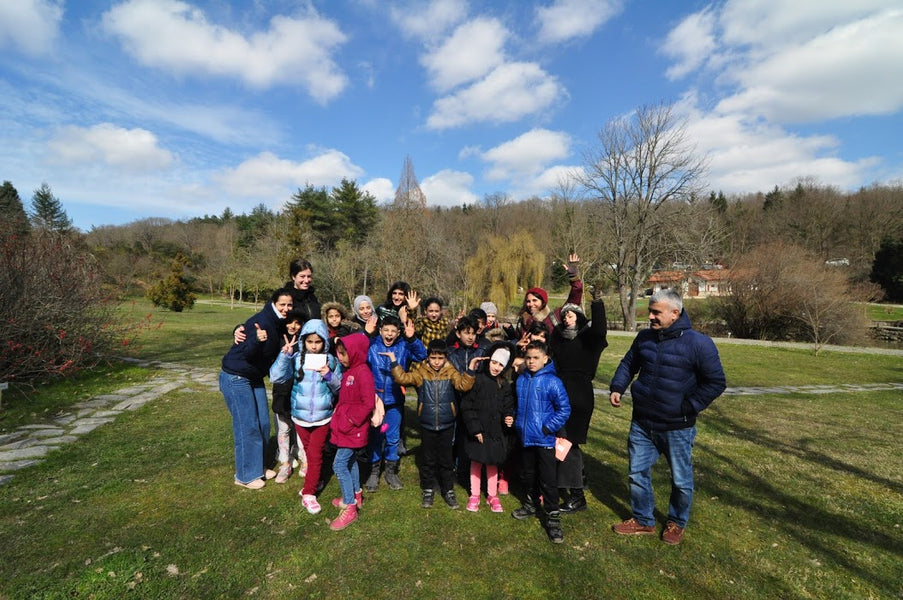Journal
Stories are waves
Children at my daughter’s developmental stage identify most strongly with their own gender, and reading about girls who have epic adventures has helped my daughter expand her own possible futures. It's in the games she plays, and the stories she tells. As with the fanfic writers who find personal validation in their creations, Girl Bilbo has helped my daughter imagine the person she will become.
"We are seeing the beginnings of the era of climate barbarism"
The No Logo author Naomi Klein talks about solutions to the climate crisis, Greta Thunberg, birth strikes and how she finds hope.
Week for Future and Climate Justice
Adults will join young people across the planet as millions of people disrupt business as usual by joining the global climate strikes on the 20th September and 27th September and for the ‘Week for Future and Climate Justice’ in between.
The Week for Future and Climate Justice will be marked with direct actions and activities highlighting the devastating impacts of climate and ecological breakdown that are being felt the world over.
The Week for Future and Climate Justice will be marked with direct actions and activities highlighting the devastating impacts of climate and ecological breakdown that are being felt the world over.
Why We Are In Love with Octopuses?
Farming octopuses is not only unethical but deeply damaging to the environment, scientists say.
From the Mediterranean to the Sea of Japan, octop...
Uganda is Turning Its Children into Wildlife Protectors
Uganda is educating its school children on the importance of conservation and protecting the nation’s endangered animals.
As part of an attempt by the Government to provide public guidance on wildlife protection, alongside normal curriculum subjects like maths and English, Uganda’s school children also learn about conservation education.
Students are taught about the country’s threatened species in the classroom – through educational books and board games – and through trips to wildlife education centers.
As part of an attempt by the Government to provide public guidance on wildlife protection, alongside normal curriculum subjects like maths and English, Uganda’s school children also learn about conservation education.
Students are taught about the country’s threatened species in the classroom – through educational books and board games – and through trips to wildlife education centers.
Why stories matter for children’s learning
Scholars have found that stories have a strong influence on children’s understanding of cultural and gender roles. Stories do not just develop children’s literacy; they convey values, beliefs, attitudes and social norms which, in turn, shape children’s perceptions of reality.
Kenya Replaced Presidents on Its Currency with Pictures of Endangered Animals
Kenya has unveiled new currency with native wildlife inscriptions, replacing images of former presidents. The nation’s wildlife and national parks are not only a source of great pride for Kenyans, they’re also a vital part of the country’s economy, bringing in crowds of tourists every year.
60% Of All Mammals On Earth Are Livestock, Says New Study
Since civilization was established, the human race has caused the loss of 83 percent of all wild animals and 50 percent of all plants. Simultaneously, livestock farmed for human consumption represents a large portion of animals on Earth, meaning the natural harmonious balance between species is decreasing while farming animals for food is increasing.
It’s Official: Giraffes Added to Endangered Species List Under Threat of Extinction
Whilst giraffes are commonly seen on safari, in the media, and in zoos, people, including conservationists, are unaware that these majestic animals are undergoing a silent extinction. While giraffe populations in southern Africa are doing just fine, the world’s tallest animal is under severe pressure in some of its core ranges across East, Central and West Africa.
Intact Forests Are Crucial to Mitigating Climate Change
In just the past decade, the world has lost more than seven percent of its intact forests; also known as large connected areas free from disturbances caused by humanity. This figure shows to be only accelerating. A new study says maintaining these remaining intact forests is of utmost importance.
'Shocking' human impact reported on world's protected areas
Six million sq km of forests, parks and conservation areas are under "intense human pressure" from mining, logging and farming.Countries rich and poor, are quick to designate protected areas but fail to follow up with funding and enforcement. This is why biodiversity is still in catastrophic decline, the authors say.
If Children Lose Contact With Nature, They Won’t Fight For It
Studies in several nations show that children's games are more creative in green places than in concrete playgrounds. Natural spaces encourage fantasy and roleplay, reasoning and observation. The social standing of children there depends less on physical dominance, more on inventiveness and language skills.
-
Previous
- Page 1 of 2
- Next


